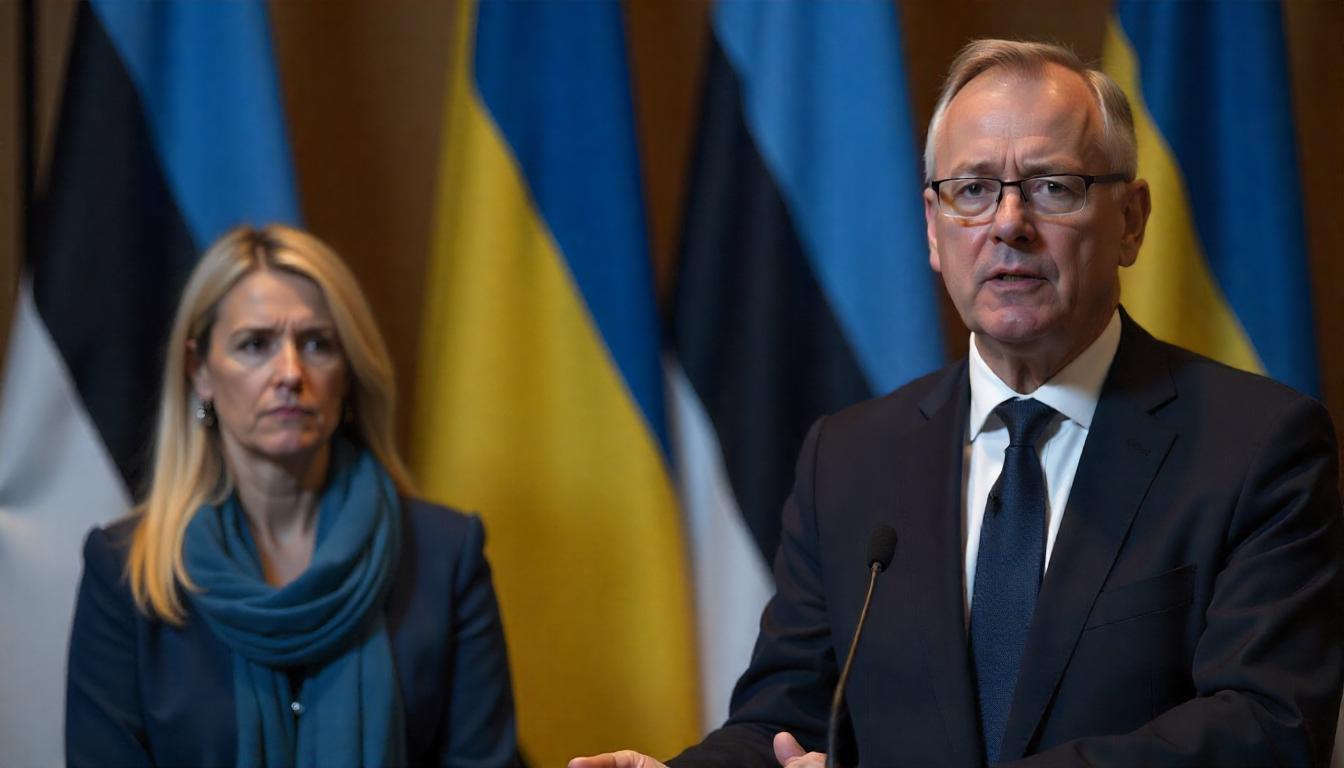Estonian authorities have revoked the residence permit of a Ukrainian national, Stanislav Matlak, citing national security concerns due to his alleged connections with the Russian Federal Security Service (FSB). The decision was followed by his deportation and subsequent handover to Ukrainian authorities.
The Estonian Border Guard Department, which made the announcement, stated that Matlak posed a threat to national security. According to law enforcement sources, he had been in regular communication with FSB operatives and actively supported Russia's ongoing aggression against Ukraine. The decision to revoke his permit and expel him from Estonia was based on intelligence provided by the Estonian Internal Security Service (KaPo).
“Any individual residing in Estonia, regardless of citizenship, is required to report any contact with foreign intelligence services to the Security Police,” KaPo spokeswoman Marta Tuul told UNN. She emphasized the importance of transparency and cooperation in matters of national security.
Stanislav Matlak had reportedly been living in Estonia since 2019. His case has attracted considerable public attention and media coverage due to the serious nature of the accusations and its geopolitical context.
Following his deportation, Matlak will be transferred to the custody of Ukrainian authorities. It remains unclear at this time what legal steps, if any, will be taken against him in Ukraine.
Estonia Tightens Border and Security Policies in Response to Regional Tensions
Estonia has taken a firm stance on national security issues, especially in light of Russia’s invasion of Ukraine. One of the latest measures includes the refusal to accept non-biometric international passports issued by the Russian Federation. Effective from April of this year, Russian nationals holding such documents are barred from entering Estonia, unless they have a valid Estonian residence permit.
These restrictions, confirmed by the Estonian Ministry of Foreign Affairs, are part of broader EU-wide sanctions aimed at increasing pressure on the Russian government while reinforcing internal security within member states.
Proposed Citizenship Reforms for Foreign Nationals with Criminal Backgrounds
In a related development, Estonia’s political landscape is also witnessing efforts to reform immigration and citizenship policies. The opposition party Isamaa has proposed a draft law intended to impose stricter criteria for granting Estonian citizenship to foreign nationals involved in criminal activities or irregular conduct.
Helir-Valdor Seeder, chairman of the Isamaa parliamentary faction, announced the initiative in October last year. According to the proposal, individuals with criminal records or ties to suspicious activities would face significant barriers to acquiring Estonian citizenship.
These developments underscore Estonia’s growing emphasis on internal security and national resilience amid rising regional tensions and hybrid threats.








